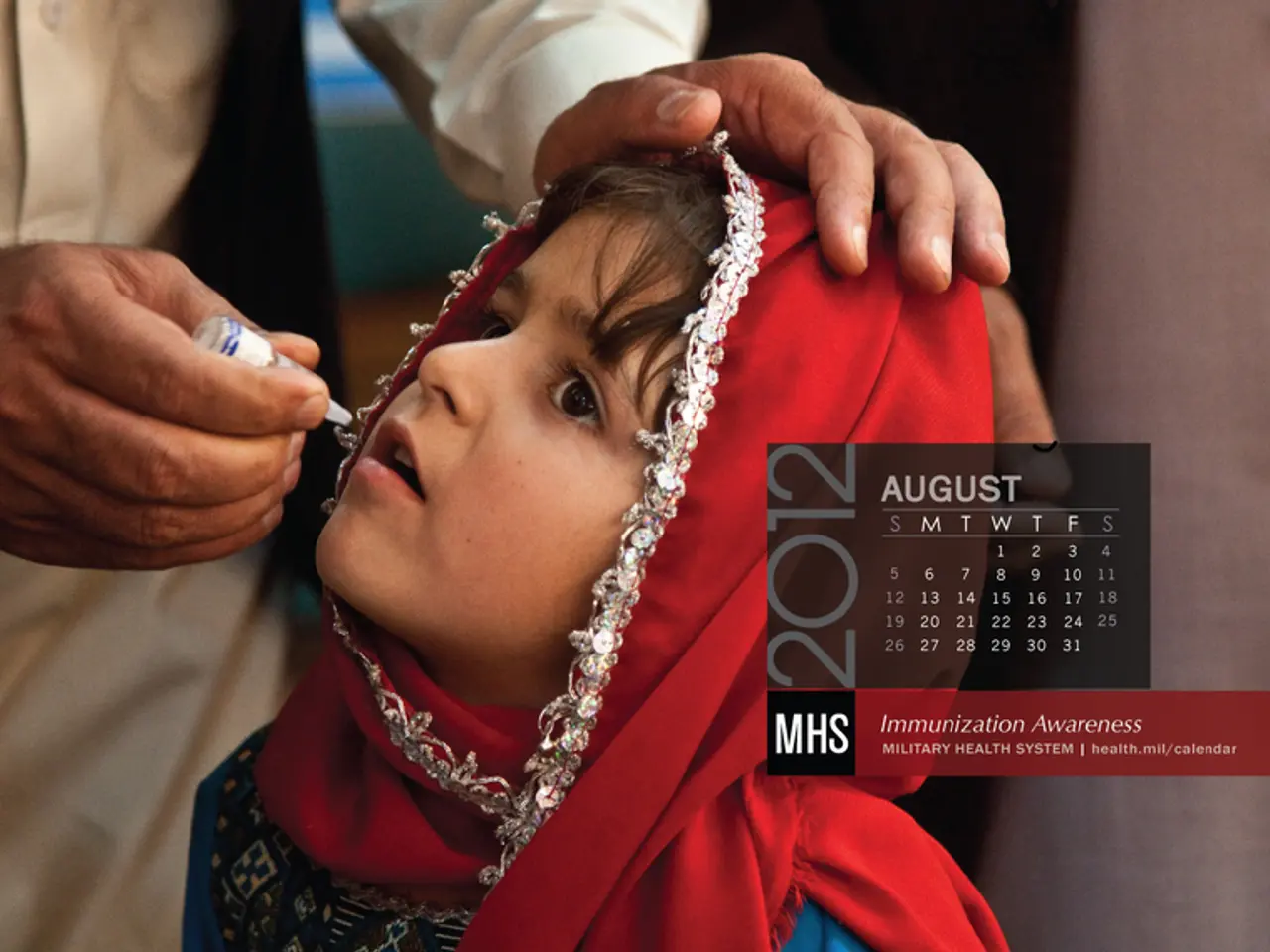Global Inoculation: A Call for Immunization Across the Globe
In the hope of curbing the spread of COVID-19 once the winter season passes, a vaccine with over 90% protection has been developed by a German pharmaceutical company based in Mainz [1]. The effectiveness of this vaccine, along with others that have completed phase 3 trials, will play a crucial role in the global fight against the pandemic.
However, the logistical challenges in the provision and distribution of this newly developed vaccine are significant. These challenges primarily fall into three categories: supply constraints, administration constraints, and demand constraints [1].
Supply constraints involve difficulties in producing and procuring not only the vaccine doses but also essential materials like vials and syringes. These limitations can hinder timely availability to patients and healthcare providers [1].
Administration constraints relate to the practical hurdles in distributing the vaccine and administering it to patients. These may involve cold chain requirements, staffing shortages, and infrastructure limitations at healthcare sites [1].
Demand constraints reflect challenges in vaccinating prioritized groups who may be hesitant or reluctant due to vaccine hesitancy, misinformation, or access barriers [1][3].
Additional significant challenges include global equity and distribution, manufacturing capacity and sustainability, and public health messaging and acceptance [2][3][4]. Programs like COVAX attempt to address these gaps, but stronger international commitments and improved regulatory harmonization are critical to ensure timely and equitable distribution [2][3][4].
Professor Dr. Jörg Timm, director of the Institute for Virology at Heinrich Heine University, discussed the legitimacy of hopes for a breakthrough in COVID-19 combat and the effectiveness of the vaccine [6]. The clinical trials for the vaccine are conducted in three phases, and it's important that they are not significantly shortened [5].
The effectiveness of the vaccine is a factor in determining the sequence of vaccination. The vaccine's 90% protection rate is considered very good, but it is not the highest possible [5]. It will take time for everyone to be vaccinated and for the broader availability of the vaccine to be ensured [6].
The interview with Professor Dr. Timm was conducted with the Düsseldorf Anzeiger [6]. The vaccine from Mainz, offering more than 90% protection against COVID-19, is expected to receive approval, but severe complications cannot be guaranteed even with a large-scale trial [1]. The vaccine's ultimate success in the market depends on its safety and effectiveness [1].
The speaker emphasizes that things can move relatively quickly if everyone works together [6]. The approval process for vaccines and the frequency of side effects, particularly in younger people, may influence recommendations for specific products [5]. It is not yet known if there will be a practical choice for consumers regarding which COVID-19 vaccine to receive [5].
The availability of different options and their approvals will likely influence the choice of vaccine for consumers [5]. Production of the vaccine will be ramped up, and vaccinating as many people as possible will be well-organized [1]. Side effects of the vaccine might only be noticed after six months, and a product could be removed from the market even after approval [5].
Overcoming vaccine hesitancy through targeted communication, reminders, and framing booster doses as routine immunizations is crucial to improving uptake [3][5]. Scaling up sustainable manufacturing, especially in underserved regions such as Africa, is essential to reduce reliance on imports and prevent delays [2][4].
Stronger international commitments and improved regulatory harmonization are critical to ensure timely and equitable distribution, particularly in low- and middle-income countries that have lower vaccination rates due to weaker health infrastructure, insufficient manufacturing capacities, and pandemic-related disruptions to other routine immunizations [2][3][4].





